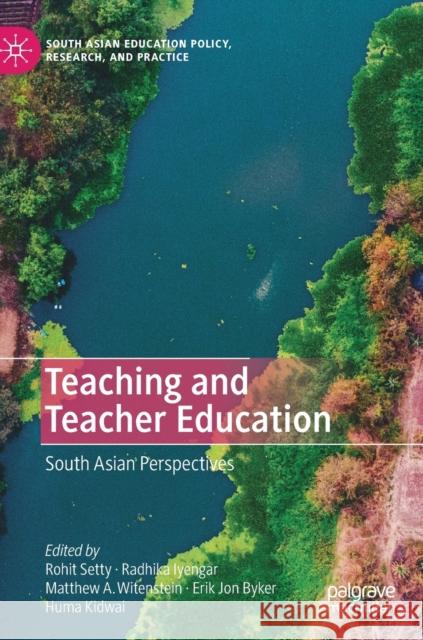Teaching and Teacher Education: South Asian Perspectives » książka
topmenu
Teaching and Teacher Education: South Asian Perspectives
ISBN-13: 9783030268787 / Angielski / Twarda / 2019 / 363 str.
Teaching and Teacher Education: South Asian Perspectives
ISBN-13: 9783030268787 / Angielski / Twarda / 2019 / 363 str.
cena 403,47
(netto: 384,26 VAT: 5%)
Najniższa cena z 30 dni: 385,52
(netto: 384,26 VAT: 5%)
Najniższa cena z 30 dni: 385,52
Termin realizacji zamówienia:
ok. 16-18 dni roboczych.
ok. 16-18 dni roboczych.
Darmowa dostawa!
Kategorie:
Kategorie BISAC:
Wydawca:
Palgrave MacMillan
Seria wydawnicza:
Język:
Angielski
ISBN-13:
9783030268787
Rok wydania:
2019
Wydanie:
2019
Numer serii:
000804634
Ilość stron:
363
Waga:
0.76 kg
Wymiary:
21.01 x 14.81 x 3.02
Oprawa:
Twarda
Wolumenów:
01
Dodatkowe informacje:
Wydanie ilustrowane











